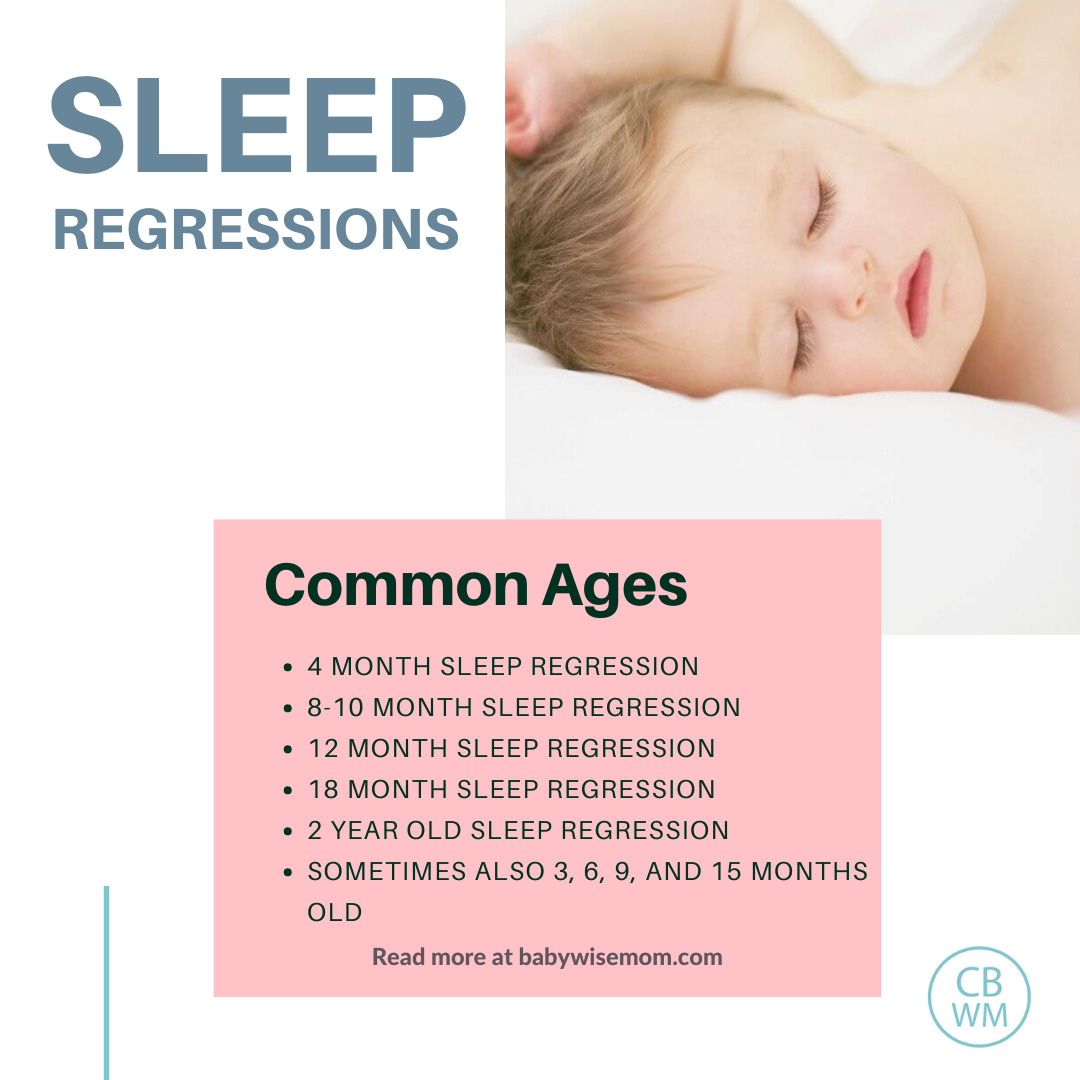Sleep Regressions Causes Ages And What To Do Baby Sleep Regression Toddler Sleep

Sleep Regressions Causes Ages And What To Do Signs of toddler sleep regression. there are lots of clues you can watch for if you suspect a toddler sleep regression, such as: fighting the nap. if a string of “no's” accompanies the nap put down, or your tot misses an afternoon snooze, it could be signaling a sleep regression. night waking. suddenly waking up again overnight is another. Causes of a sleep regression may include teething, reaching new milestones, a growth spurt, traveling, illness, or a change in routine. signs of a sleep regression include trouble falling asleep, more frequent night waking, resisting naps, and increased fussiness. sleep regressions often happen when your child is between 3 and 4 months, 6.

Sleep Regressions Taking Cara Babies Use a predictable bedtime routine to stop toddler sleep regressions. and then—of course—a good bedtime routine will go a long way to helping avoid sleep issues. start the routine about an hour before bedtime. dim the lights, turn on some low, rumbly white noise in the background, stop roughhousing, and turn off screens. Sleep regression ages vary from child to child, and some kids may never experience any notable sleep disruptions, says brown. generally, though, these sleep setbacks occur around times when children are due to hit developmental milestones. the typical infant sleep regression ages are: 4 months. Toddler sleep regressions. unfortunately, sleep regressions don’t stop when your baby turns one. toddlers have sleep regressions, too. 12 month regression. the 12 month sleep regression is really the same as the 11 month regression. if your toddler starts this one in the 12th month, it’s possible they will actually transition to just one. How to sleep train your toddler during a sleep regression. it’s easy for sleep regression to turn into unhealthy sleep habits. try these steps if your child starts getting out of bed and playing.

Baby Sleep Regressions What When How To Survive Them Artofit Toddler sleep regressions. unfortunately, sleep regressions don’t stop when your baby turns one. toddlers have sleep regressions, too. 12 month regression. the 12 month sleep regression is really the same as the 11 month regression. if your toddler starts this one in the 12th month, it’s possible they will actually transition to just one. How to sleep train your toddler during a sleep regression. it’s easy for sleep regression to turn into unhealthy sleep habits. try these steps if your child starts getting out of bed and playing. Separation anxiety. this clingy phase typically peaks between 9 or 10 and 18 months, which means it’s very likely one of the main causes of the 15 month sleep regression. walking — and running. her gross motor skills are taking off big time, from pulling up and cruising to taking steps and running. The truth is that sleep quality ebbs and flows for most kids. sleep regressions are periods of worse sleep that might last two to four weeks. they are common in a baby’s first year and beyond. rest assured, if you stick to your guns, these regressions are typically short lived. your baby’s sleep will go back to normal.

Comments are closed.